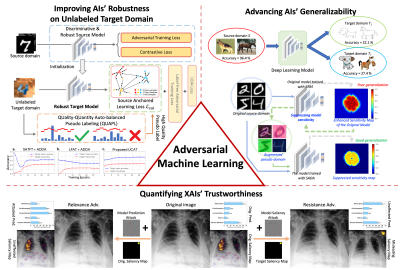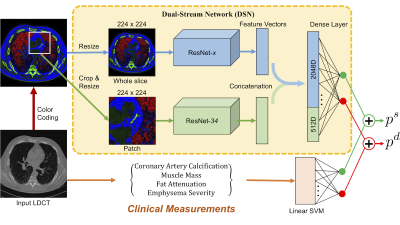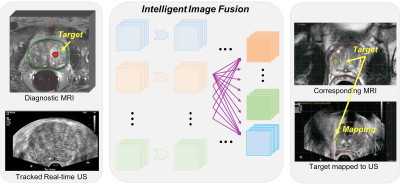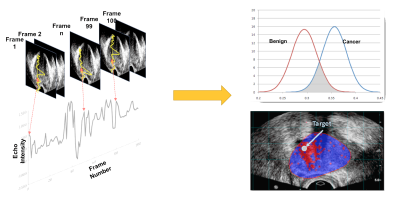Research
 NSF CAREER: Systematic Mitigation of Deep Learning Adversaries in Medical Imaging
NSF CAREER: Systematic Mitigation of Deep Learning Adversaries in Medical Imaging
With the enormous amounts of data being acquired by large-scale healthcare systems, computational data analysis has become an essential component in healthcare applications to process and extract information. Deep learning, a sub-category of artificial intelligence (AI), has established itself as a paradigm-shifting technology for data analytics due to its powerful ability to extract high-level data representations.
 Deep Radiomics of Cardiovascular Risk and Mortality Rate with Lung Screening CT
Deep Radiomics of Cardiovascular Risk and Mortality Rate with Lung Screening CT
CVD Risk analysis in lung cancer screening LDCT
 Intelligent Fusion of MRI and ultrasound images for prostate cancer intervention
Intelligent Fusion of MRI and ultrasound images for prostate cancer intervention
Recent clinical studies show that multi-parametric magnetic resonance imaging (mpMRI) can help identify clinically significant prostate cancer prior to biopsy.
 Temporal Enhanced Ultrasound based Prostate Cancer Detection
Temporal Enhanced Ultrasound based Prostate Cancer Detection
Temporal Enhanced Ultrasound (TeUS), comprising a time series of ultrasound images, has been reported as an alternative non-invasive tissue characterization technique.
 Deep learning based Low-dose CT image denoising
Deep learning based Low-dose CT image denoising
This project develops a generative adversarial network with the Wasserstein distance (WGAN) as the discrepancy measure between distributions and a perceptual loss that computes the difference between images in an established feature space.
 Deep Compressive Fluorescence Lifetime Image Reconstruction
Deep Compressive Fluorescence Lifetime Image Reconstruction
Compressive Macroscopic Fluorescence Lifetime Imaging (MFLI) is a novel technical implementation that allows multiple molecular interactions in macroscopic scale to be modeled.


